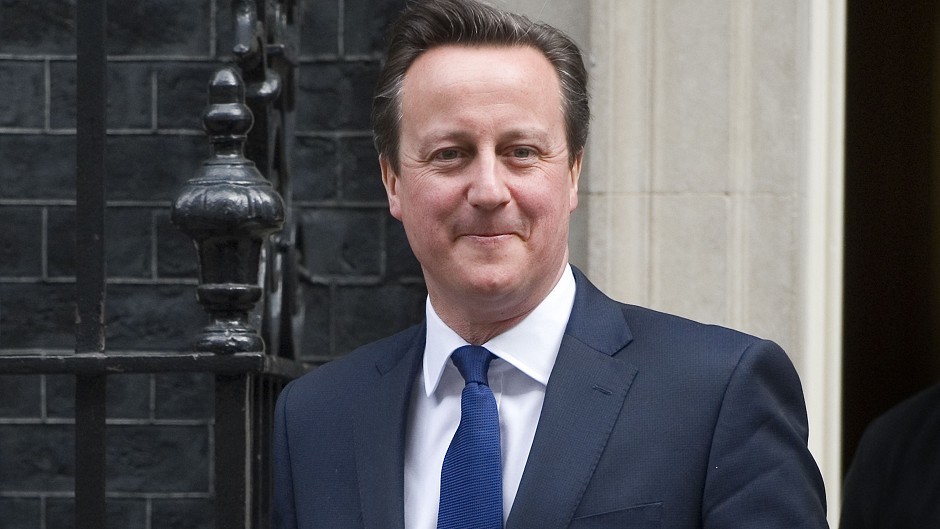Prime Minister David Cameron has rejected SNP calls for the introduction of exploration tax credits to help the North Sea oil and gas industry.
The Conservative MP claimed the £1.3billion budget package unveiled by Chancellor George Osborne last month was the right one and should be allowed to bed in.
Petroleum revenue tax has been reduced from 50% to 35% and the supplementary tax has dropped from 30% to 20%.
But Aberdeen South SNP candidate Callum McCaig, a city councillor, said exploration tax credits had proved successful in Norway and would lead to more jobs, prosperity and production.
Asked if he agreed with the SNP call, Mr Cameron, said: “I think the package we put together in the budget is the right package.
“It exceeded expectations and it had several strings to its bow rather than just one.
“I think we should let that package settle down and see how the industry responds.
“I do think the budget was a good example of how the United Kingdom can get behind the oil and gas industry at a potential time of difficulty.”
Mr Cameron was in Edinburgh yesterday as part of a whistlestop tour of the UK ahead of the general election on May 7 – a contest he described as the “most important election in a generation”.
Successive opinion polls suggest that the Tories will not make significant gains on the one Scottish seat they won in 2010 but the prime minister claimed the party had a decent story to sell.
“My biggest secret weapon in this campaign is the economy and the fact that five years ago there were 174,000 fewer people in work in Scotland,” he added.
Mr Cameron admitted there was still a “huge amount of work to do” but claimed anything other than a majority Conservative government would derail Britain’s economic recovery.
Reflecting on talk of the SNP being potential kingmakers in a hung parliament, he said: “Nicola Sturgeon wants two things.
“She wants to break up the UK and she wants more borrowing, more spending, more taxes, more debt and more unlimited welfare and I think she is wrong on the two questions of our times.
“That is why we are fighting such a vigorous campaign here but we are also warning across the UK of the danger of this alliance potentially between the people who want to bankrupt Britain – Labour – and the people who want to break up Britain, the SNP.”
